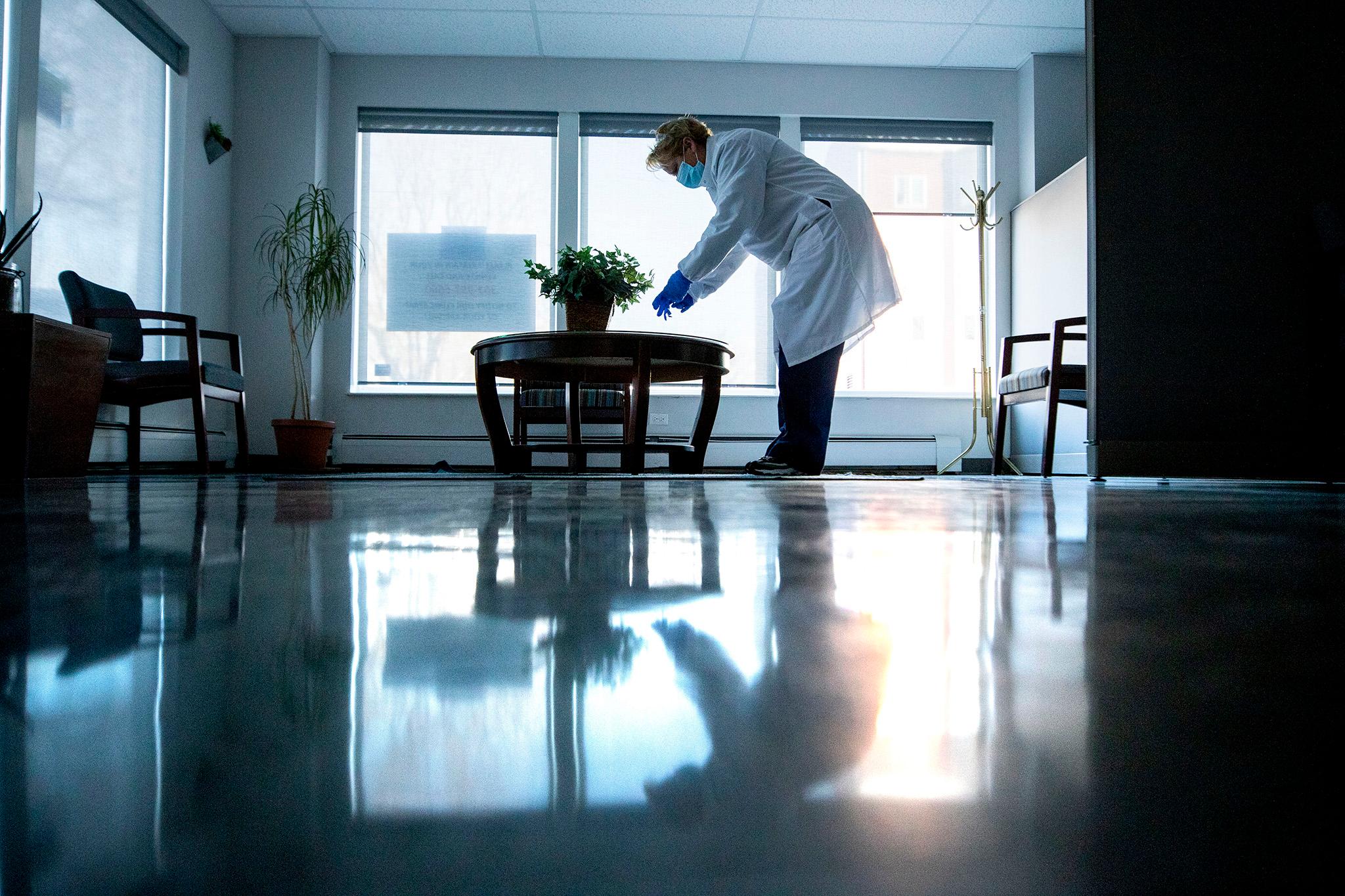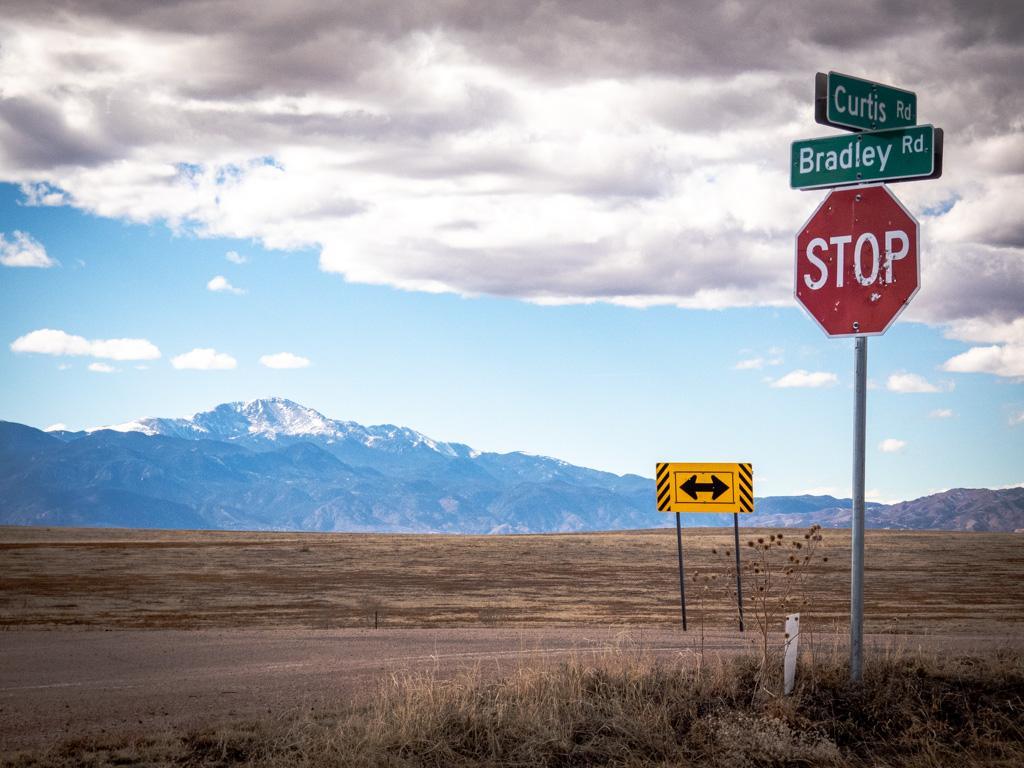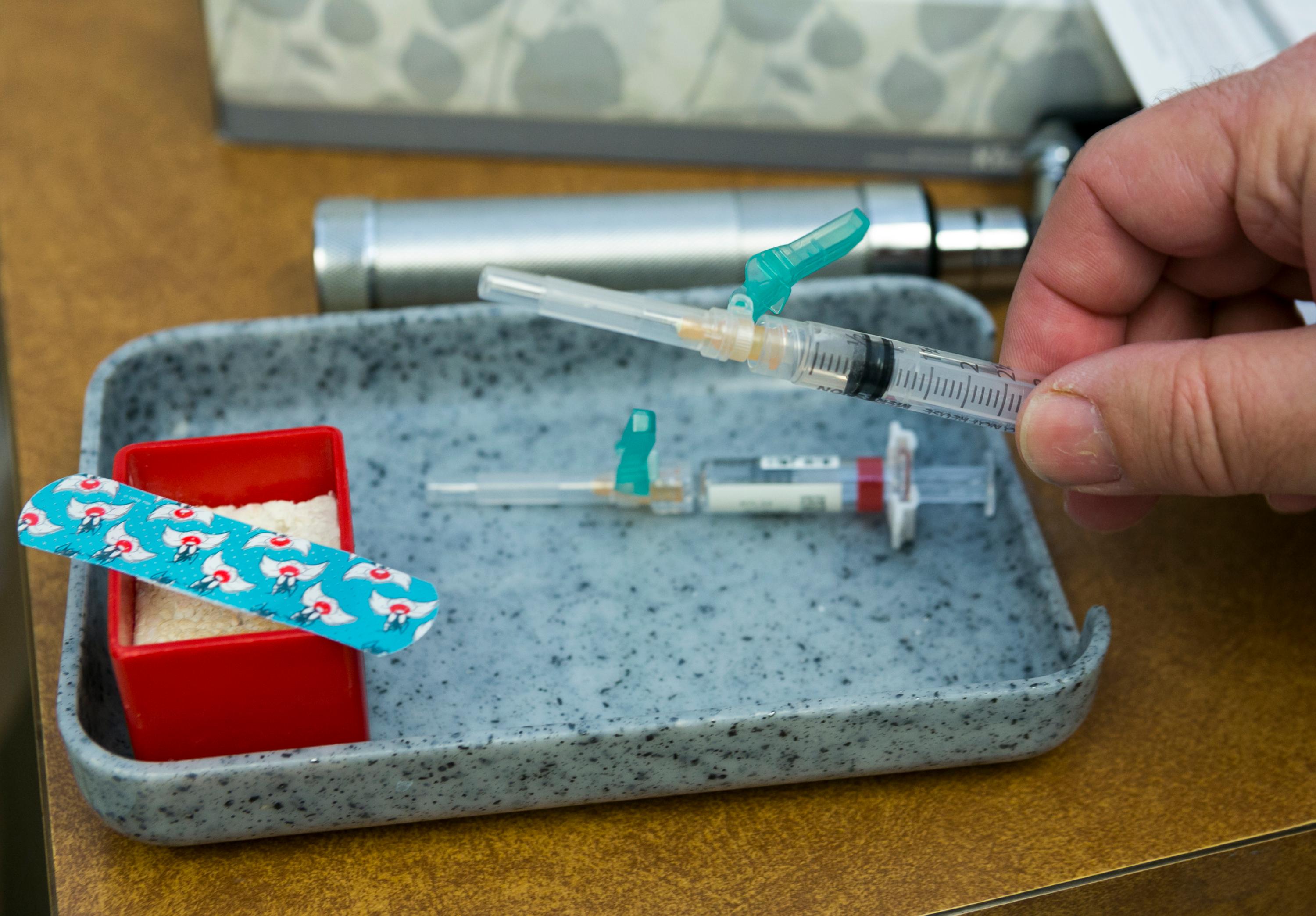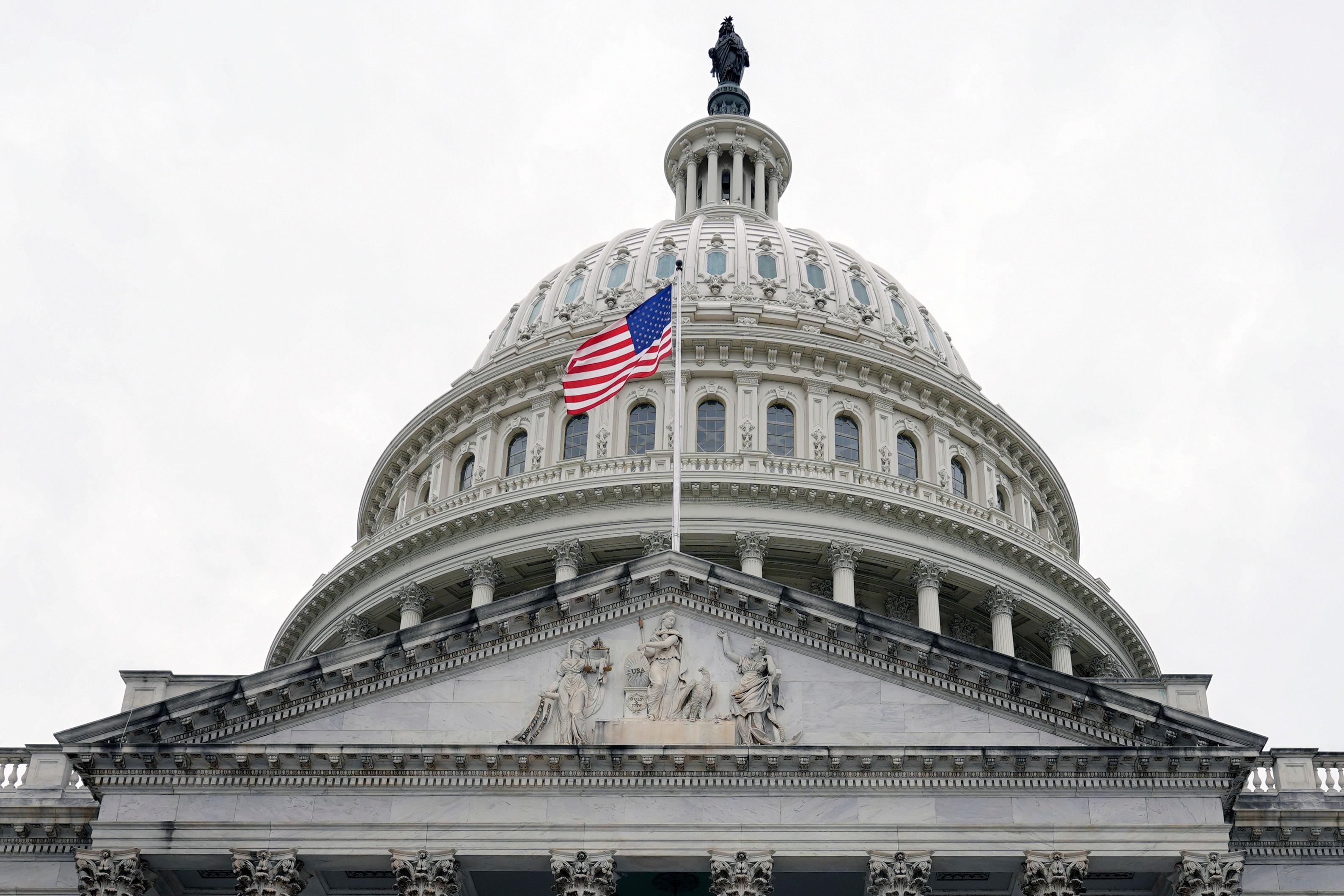
Updated Jan. 13. at 9:29 p.m.
There’s no sign that the omicron variant’s spread is slowing down in Colorado, as the state keeps piling on cases at a record pace. Hospitalizations keep rising as well, while staffing shortages are expected to continue indefinitely. At the current clip, hospitalizations could eclipse the all-time high of the pandemic within days. The hope is that Colorado hits the crest of the omicron wave in the next couple of weeks. As always, there’s a lot in flux. Here’s the latest.
What are the numbers right now?
Colorado recorded 12,468 new COVID-19 cases to the seven-day moving average of cases Thursday, as the omicron variant keeps spreading widely. And that number doesn't include most home rapid tests, so the true figure is undoubtedly much higher. For more than a week now, the state has been averaging more than 10,000 cases recorded each day. That's about double the previous high for the pandemic in November 2020.
“It's certainly been a challenge, the speed with which it's gone up, I think it’s shocked all of us,” said Dr. John Douglas, Jr. the executive director of the Tri-County Health Department, which serves three large metro Denver counties, Adams, Arapahoe and Douglas.
As of Thursday, there have been 1,089,494 cases of COVID-19, and 10,982 deaths due to the coronavirus since the start of the pandemic. Colorado passed the grim milestone of 1 million cases on Monday.
The state's seven-day test positivity rate dipped slightly to 29.25 Thursday, down from an all-time high of 29.66 percent the day before. About a month ago, that rate was 6 percent.
How are the hospitals faring?
Hospitalizations of confirmed COVID-19 patients rose to 1,623 Thursday. That's the highest level in more than a year and a little more than 200 away from the all-time pandemic peak of 1,847 on Dec. 1, 2020. The rise comes with hospital staffing stretched thin. More than half of hospitals anticipate a staffing shortage in the next week and about a third say they expect to have a shortage of intensive care beds.
Liane Jollon, executive director of San Juan Basin Public Health in Durango thinks this wave may cause less severe illness and potentially shorter stays in the hospital for individual patients.
“So all of those are in the positive column, but that has all the potential in the world to be offset by just the sheer number of cases,” Jollon said.
Ninety-two percent of the state's intensive care hospital beds are in use. That compares with 65 percent at the start of the pandemic in April 2020. There are 113 available ICU beds out of the state’s total of 1,470.
“I am desperately worried about the hospital situation, even if 35 to 40 percent of the COVID cases are incidental,” said Douglas, meaning patients who arrive at the hospital for other things like a heart attack, stroke or broken bone and get a positive COVID-19 test during routine testing at admission.
“I mean, you talk to anybody working in a hospital, and these are really tight times,” he said. Hospital staff are under extreme pressure and any spike in hospital patients makes it harder. In recent weeks, a big hospital CEO said the system is on the brink of collapse. The nursing chief at another big Colorado hospital said she expected January to probably be the "scariest point" of the pandemic.
What should I be doing?
To a person, nurses, doctors and public health officials are urging Coloradans to get vaccinated and boosted, wear a well-fitting N95 mask and avoid crowded indoor spaces. And they’ll tell you with hospitals so busy and stretched so thin, now is not a great time to need hospital care if you can avoid it, whether that’s for appendicitis or injury from an accident.
“I like cycling. I'm gonna be a little more careful not to get hit by a car or to have a bike crash,” Douglas said.
Editor's note: A previous version of this story misspelled Beth Carlton's name. She works with the Colorado COVID-19 Modeling Team.








